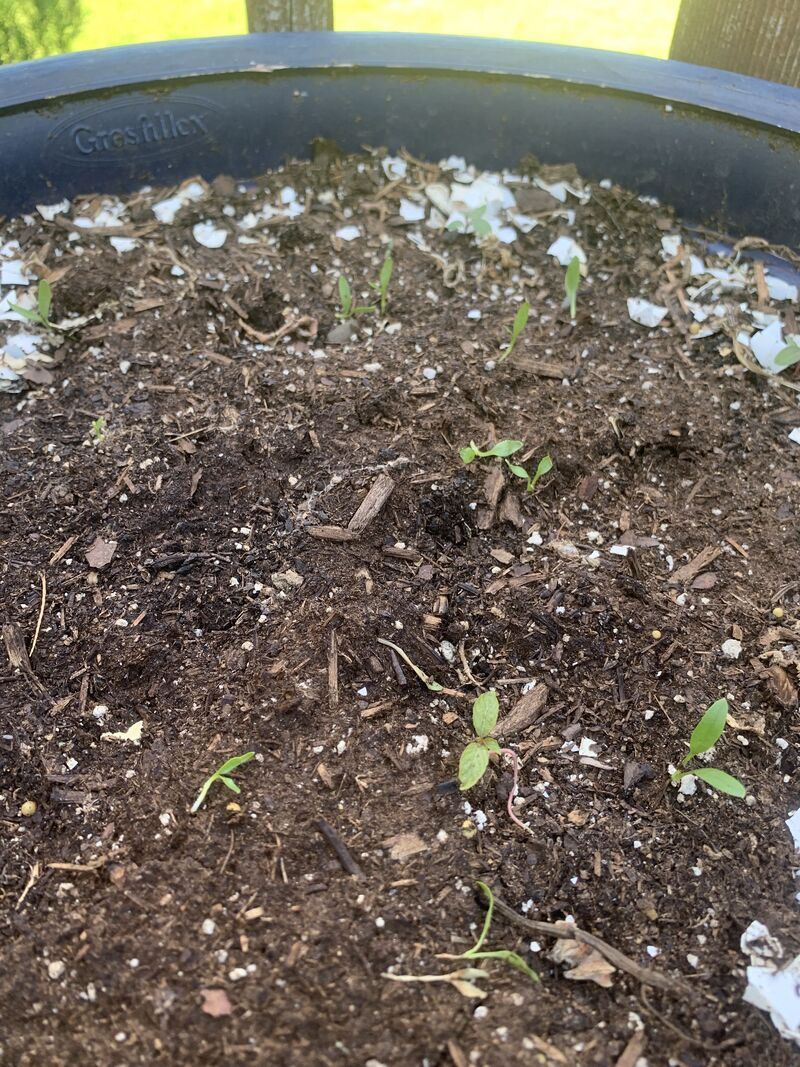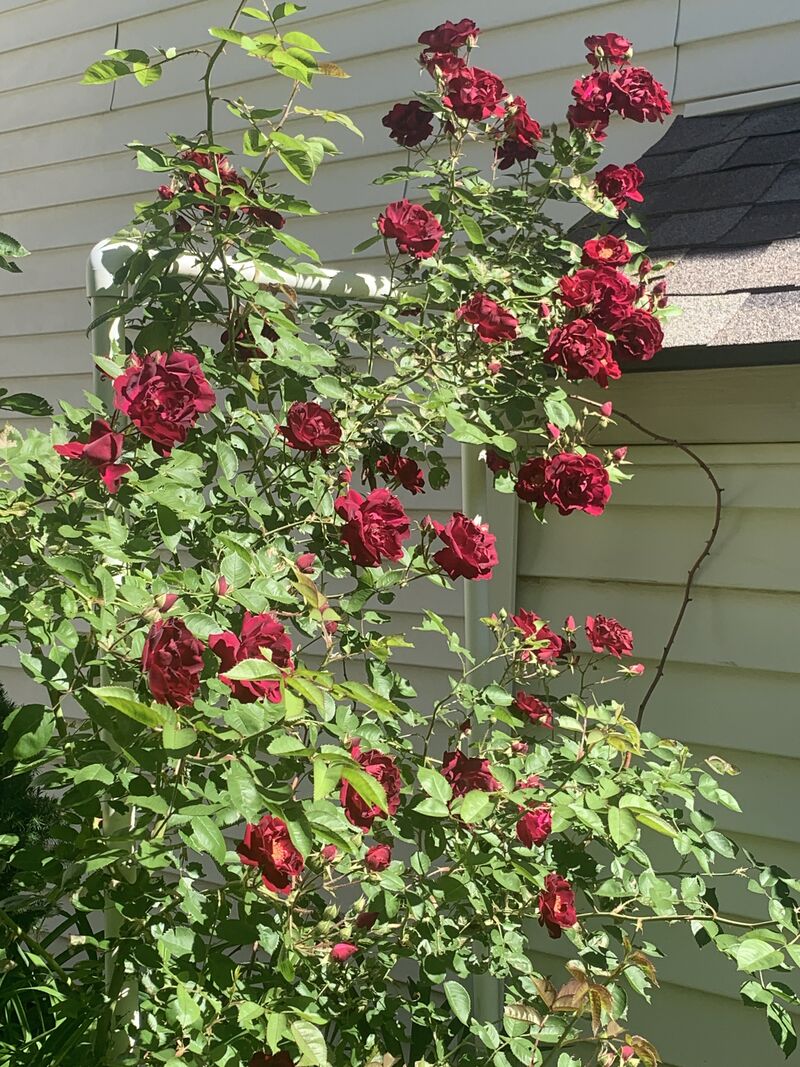it's been awhile since i last wrote about what i've #read recently. i've read more non-fiction books than i normally do. i never really know how to talk about non-fiction i've read since i don't consider myself an expert on anything, so i don't have the confidence say if a book's contents is true or bullshit or whatever. especially since i like to read stuff i don't know anything about and thus don't have anything to compare it to, i often don't have any deep insight other than "this was really interesting!" but i guess that just because something doesn't move me to write an entire essay in response to it doesn't mean it's not worth sharing with others. i know i've read lots of interesting books and essays just by coming across a mention of them in various blog posts (all the books i'm about to mention are political in nature though so if you don't want to read about that feel free to skip this blog post)
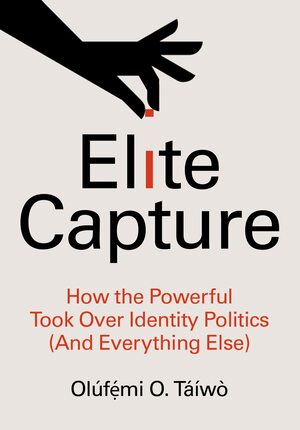
the first book is elite capture by olúfẹ́mi o. táíwò. he states that identity politics has strayed from its roots and has been weaponized to divide groups, even though it was originally envisioned to help build coalitions that could work together to tackle shared issues. he then argues that this didn't occur because of an issue with identity politics itself, but rather because identity politics has suffered from elite capture, or that political and and economic elites have co-opted it to serve their own interests. for awhile now i've been disillusioned with identity politics and standpoint theory in general, since i feel like so many people (especially online) just use such theories as an excuse to dismiss a work for not being "intersectional enough" instead of trying to engage with an idea on its own terms, or bully people who don't post about x issue affecting y group on their social media regardless of their actions irl or their focus on activism in another area; i think it's prevented many so-called leftists from building solidarity and class consciousness. even after reading this book i still feel this way, and i still think it's not just elites but average people who have fractured the left using identity politics. yet i did learn a lot about how elite capture as a process works, and the book did challenge my ideas about how it could still be used for constructive coalition building.
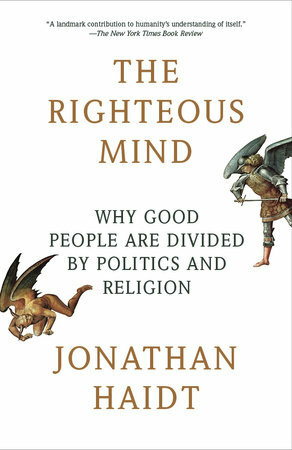
the next book is the righteous mind: why good people are divided by politics and religion by jonathan haidt. he explores how humans evolved our moral intuitions and argues that this intuition comes before our reasoning and justifications for it. he goes on to expound upon his six foundations of morality theory and how they build moral matrices, which in turn works to bind groups together and promote behavior among individuals that benefit group interests, even at the cost of self-interest. i think his theory on how morality works is interesting a definitely aligns with my own experience talking to others about right and wrong and our reactions to ideas that go against our beliefs. i find the final sections where he applies his moral foundations theory to american political analysis a little lackluster though. i guess from the title of the book i thought it was going to be a bigger focus and more in depth than it ended up being, and while i think the earlier sections do a good job at backing up his claims with studies, i think the later sections rely a little too much on constructing narratives to illustrate his point. he also sort of skirts around the issue of how large groups like nations can effectively balance the competing moral matrices of its subgroups when they are often incompatible. i agree with his argument that groups being exclusionary and having different ideals isn't a bad thing, but most of his examples are too small and local to feel compelling. it's like he's afraid of discussing how exactly we're meant to embrace pluralism in the real world when part of another group's ideology oppresses members of our own group. it reminds me of another book i read earlier this year, prey by ayaan hirsi ali, which argues that unchecked immigration from muslim majority countries into the eu has lead to a spike in sexual violence towards women. she explains how islamic culture shapes these men's view on women, and that moving outside of the restrictions of islamic communities can cause some to commit violence against women. she contends that the left's unwillingness to criticize these viewpoints is due to political correctness, that this violence is causing some voters to turn towards the right, and that european nations need to promote more assimilation when accepting refuges in order to protect women's rights. while haidt argues in the righteous mind that liberals tend to care so much about the care/harm and liberty/oppression foundation that it inhibits their ability to understand and accept other moralities, i think that those on the left do accept pluralism in some cases—just not white christian morality—even at the expense of the well-being of members in their own group (in this case, women). i realize that haidt's book is mainly meant to be descriptive of how differing morality systems are formed and their evolutionary benefit instead of prescriptive of what systems are right or not, but to basically end the book with saying "let's all talk to each other in good faith 💖" just felt shallow. it's also painfully obvious to me that this book was published in 2012. i read antisocial by andrew marantz earlier this year as well which discusses the rise of the american alt-right and how social media has made it easier to become radicalized into extremist ideology, and i would love to see how haidt would apply his morality theory to more niche political groups such as the alt-right as it's clear that when he discusses american conservatives he's referring to the traditional christian kind and not necessarily the reactionary libertarian trolls marantz discusses in his book.
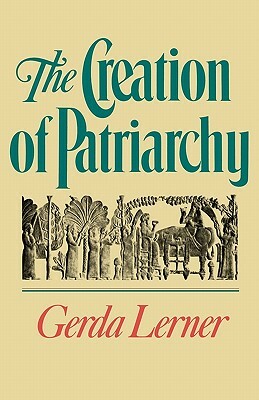
the last book i wanted to mention is the creation of patriarchy by gerda lerner. she traces how patriarchy as a way of structuring society developed in western civilization starting from ancient mesopotamia, and argues that while biological differences exist between men and women, gendered relationships are something that evolved over time. honestly it was way more in depth about discussing the archaeological evidence for her theories than i was anticipating, and considering the fact that i almost never read about ancient history and am uneducated on the topics she was writing about it was tough at times for me to digest everything. i can't really speak authoritatively on the accuracy of her arguments since i know fuck all about ancient history, but i think the tone with which she writes is engaging and she writes clearly enough that i could more or less follow her main points even when they were hard for me to believe (her speculation that man learned how to subjugate and enslave other groups by first subjugating women stands out to me as one). the prose also didn't make the book feel as though it were published in 1986, it never seemed dry or overly academic. i generally find history books boring i found myself compelled to keep picking this one up.
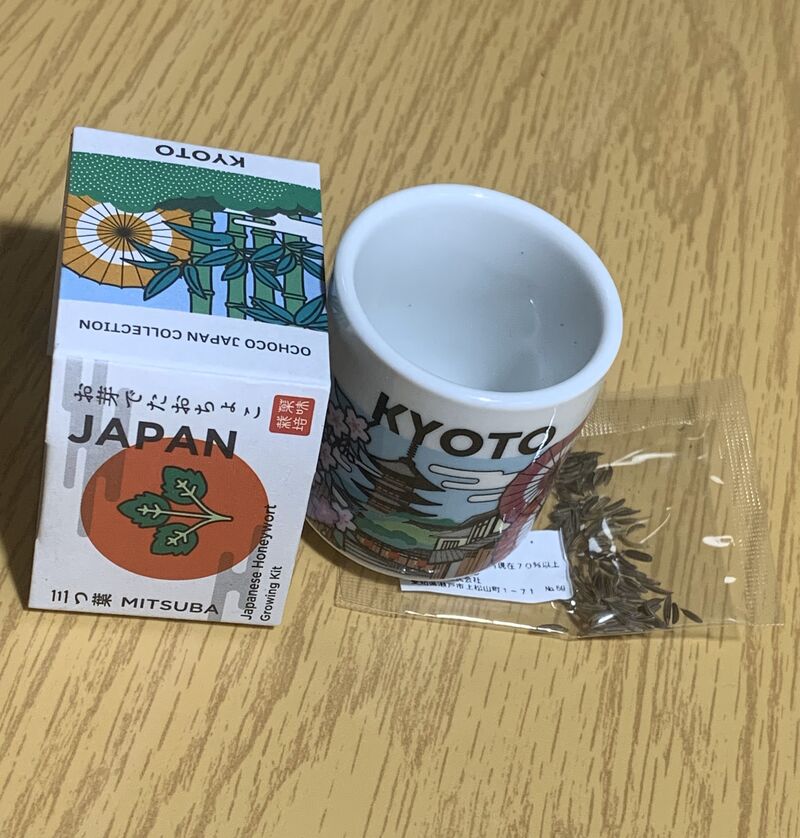 #plants #japanese
#plants #japanesemy friends just got back from japan! this is what they brought back for me. now i've gotten my fair share of grow-in-a-cup sets that are always too small to germinate all the seeds they supply but this is by far the most egregious lmao. there's gotta be more than 20 seeds in this bag. did the manufacturer expect me to germinate each seed individually or something? the cup is cute and i've never eaten the plant, 三つ葉 or japanese wild parsley, before so i'm quite excited to try it out... but i'll definitely be sowing it in a real planter tomorrow. i was also quite surprised by how much of the packaging and instructions i could read. last week i got some japanese stationary (a pilot kakuno fountain pen and a kokuyo campus notebook and paper) whose instructions i could read a fair bit too. maybe i have actually learned something in the last eight months i've been studying japanese?!
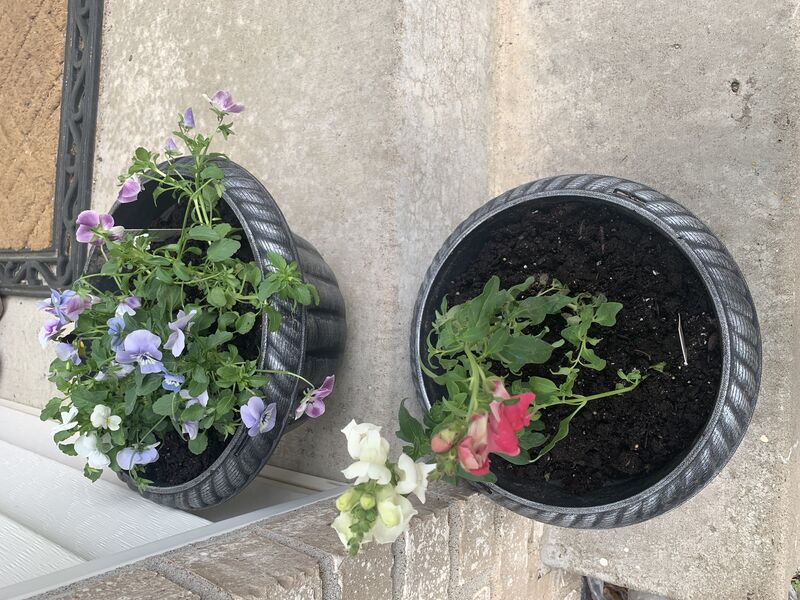 #plants #played
#plants #playedthis past thursday was the first day of the farmer's market that i usually go to. the first couple weeks it's usually just starter herbs and flowers, plus some hanging baskets of flowers. this year in addition to the usual basil, thyme, and other herbs i like to grow, i bought some snapdragons and violets to put in planters to spruce up my front door steps a bit. i really enjoy this part of spring, past the last chance of snow and freezing temps where i can finally get a bit of gardening done before the heat of summer comes, even though i have to suffer through my seasonal allergies.
i also cleaned up some files on my pc since my storage is running a bit low. here's some gaming screenshots that i particularly liked but never posted anywhere.
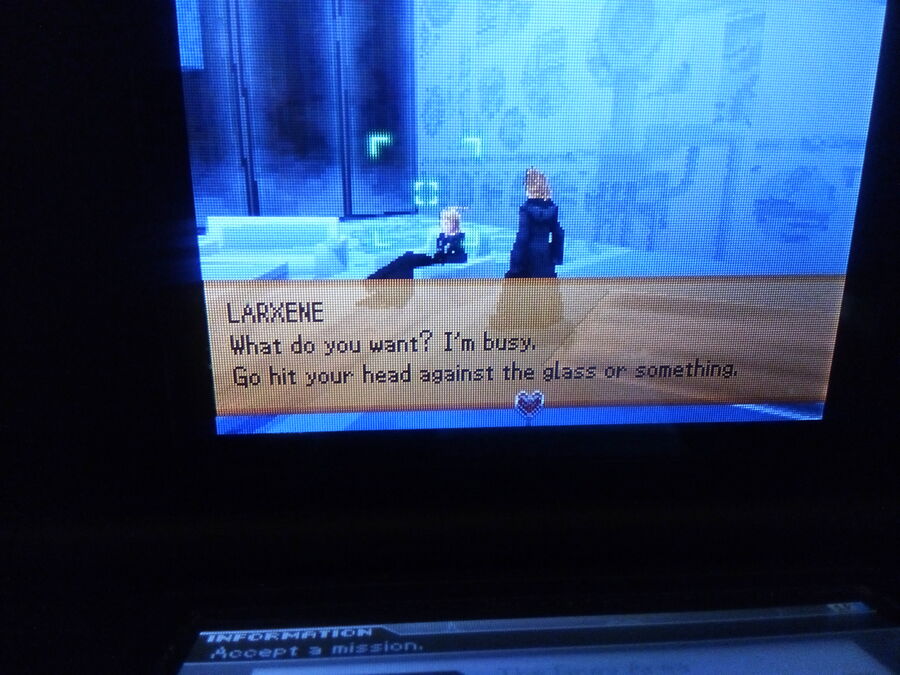
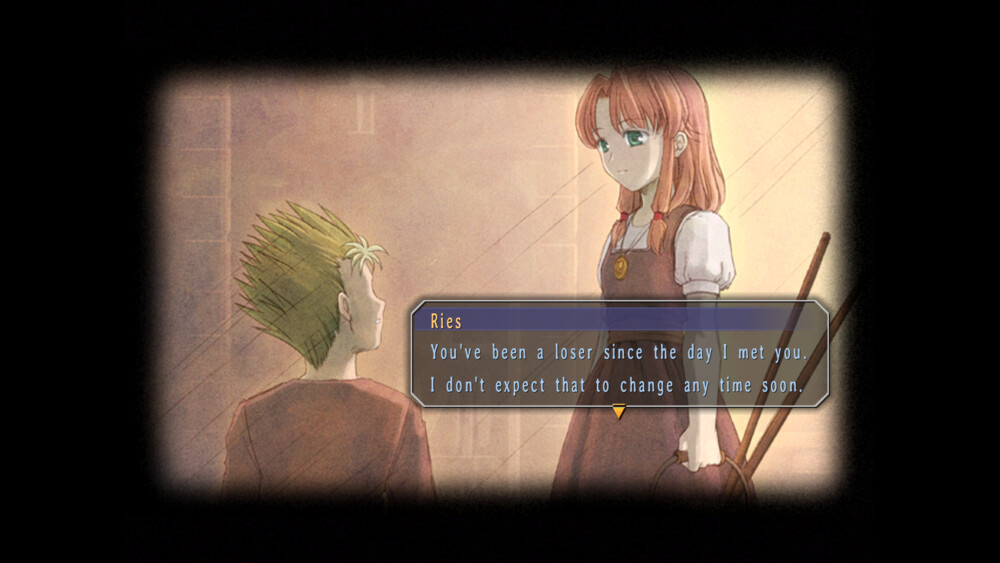
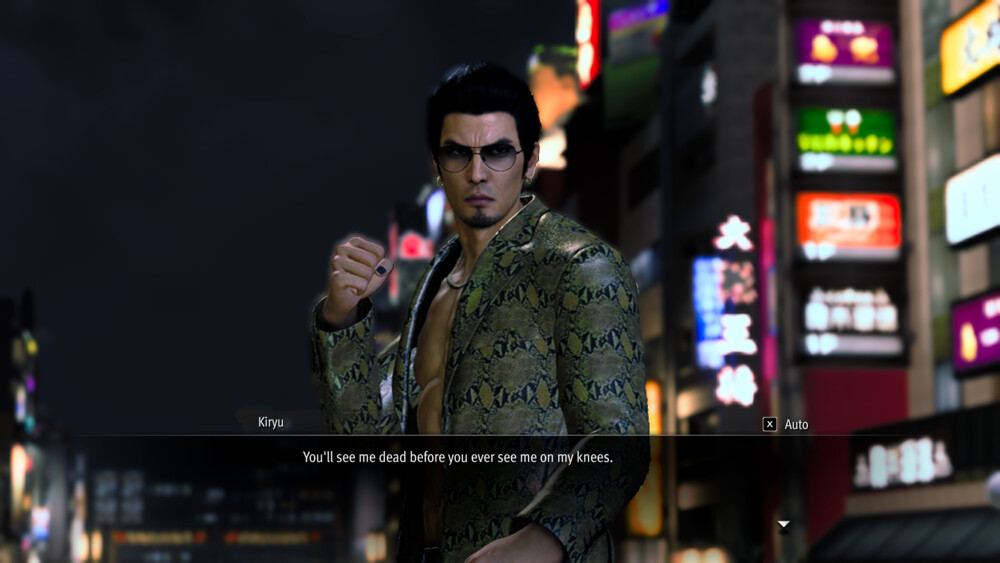
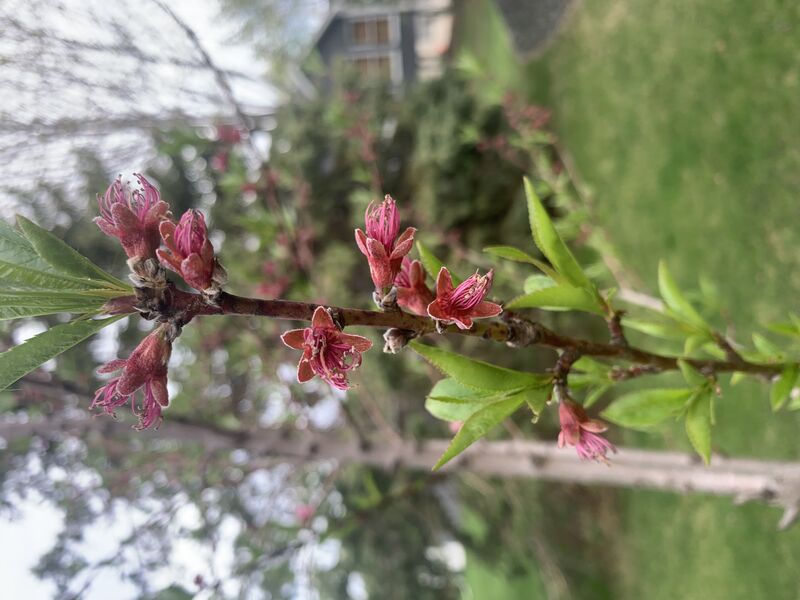
i added a new page on #my-site last week for my favorite video game locations. i've had this idea for awhile now, and i knew i wanted animated backgrounds, but i didn't know how to best implement them. after fiddling with turning my recordings into gif, webp, and mp4 files i learned about the avif format and omg the file size... it's like a tenth of the size of the gif versions i made and the quality is way better too. i was able to make the gif on my languages page 5mb (it was originally... 50mb....... 🙈) and the haruka gif on my resources site homepage only 552 kb! makes me wonder what the hell i was doing spending all that time on tumblr making gifsets while fighting for my life to make each gif less than 10mb 😭 i still have more places i want to add, but i need to find more free cam/no hud mods for some games.
i also overhauled my resources site to be generated with 11ty. it's now completely navigable without javascript enabled, even on mobile 🥳 i'm gonna keep tweaking my personal site to be functional without javascript. i saw some examples of pure css sidebar toggle on codepen that i want to try to implement. i doubt anyone who might view this site on mobile would also not have javascript enabled (tbh it's hard to think that anyone views this site at all), but i think it's a fun challenge. i feel like i learn more about what's possible with just html and css, and it gives me new ideas for my site.
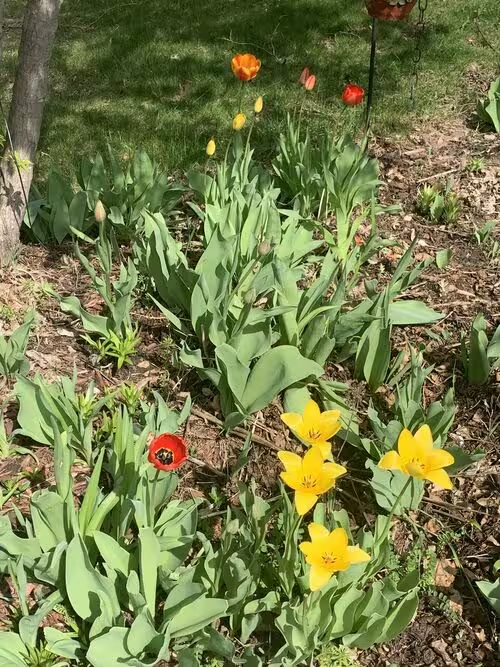
i made a bunch of changes to #my-site this past week, mainly stuff behind the scenes. most notably i added an atom feed for my microblog. i checked it with the browser extension feedbro and it looks okay i think. i also made one for updates to the rest of my site, which you can access here. i enabled rss autodiscovery on the main pages as well to make adding it to your rss reader a bit easier. in addition to moving to neocities, as part of my ongoing effort to curb my #social-media use i'm also trying to read more blogs, essays, and other long-form written media by subscribing to substacks and rss feeds, and i figured i may as well make it possible for others to do the same with my site. (as a side note - i recently discovered the read it later app omnivore and it's been really helpful in actually finishing reading articles i find interesting. i know other read it later apps have existed for a long time, idk why i've been sleeping on them until now.) i restructured a bunch of stuff in the code too, mostly switching some divs for semantic tags and converting all jquery to vanilla javascript, so if something looks broken try hard refreshing (ctrl+f5). turns out theres so much more to web development than the random bits i hacked together from tutorials and stack overflow answers making tumblr themes in 2015... i'm not sure if my site is actually any more accessible or loads faster and i still need to test things with an actual screen reader, but i think my code is easier to read at least.
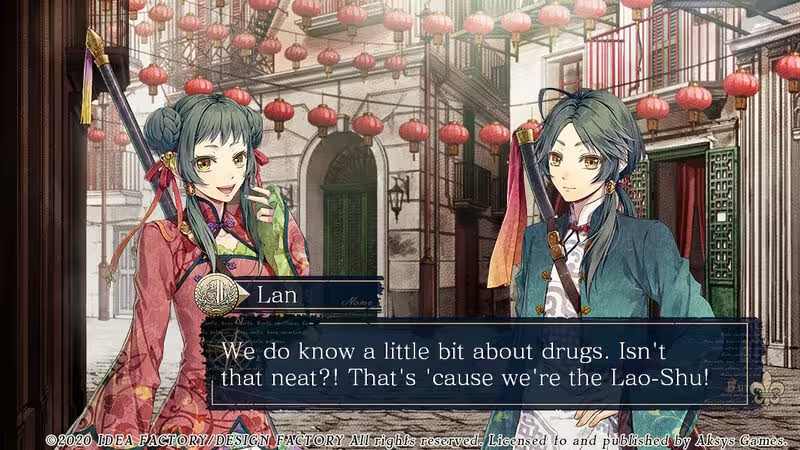
i think i've had some sort of ear infection for the last couple days. i was gonna go to the doctor today if i wasn't feeling any better when i woke up, but it doesn't hurt anymore so i didn't end up going. i don't know what's up with my body this past year, i usually only get sick once or twice a year but i got sick like three times this winter alone -_- i took advantage of all the time i spent this weekend lying on my side to catch up on some manga (i may or may not have been like 6 months behind on chainsaw man 🙈).
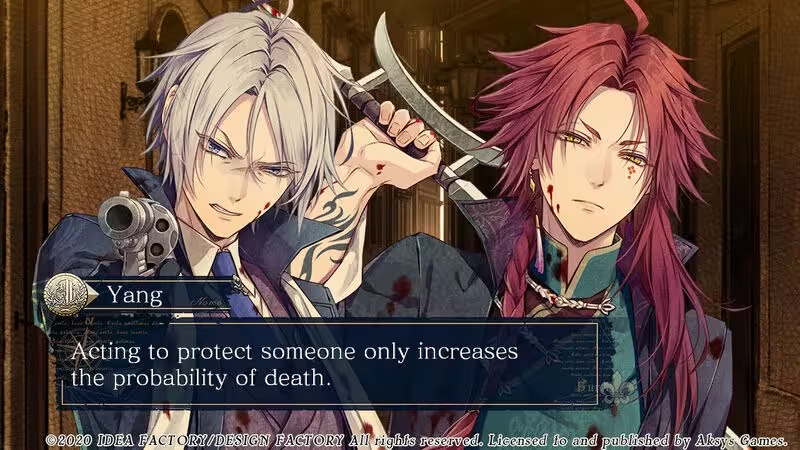
i also #played some piofiore and managed to finish yang's and dante's routes. now yang's route definitely lived up to its notoriety in the otome community but i found his best ending a little underwhelming. i usually do bad and good endings before the best ending and i found those really thrilling (i was even a little moved at the good ending ngl... may have even shed a tear or two) but the best ending... idk. i didn't dislike it but it wasn't as fun as his other endings or nicola's best ending. i found dante a little boring too. i think he kinda got shafted by having to carry the plot of the game on his route lol. i was grateful to finally learn about the key maiden stuff but honestly i spent the first half wishing i could've romanced leo instead. i'm halfway done with this game now and am looking forward to gilbert's route especially. orlock isn't really the type of LI i usually like but i'm also really intrigued by his role in the plot especially after seeing... yang's? best ending epilogue and dante's best ending.

